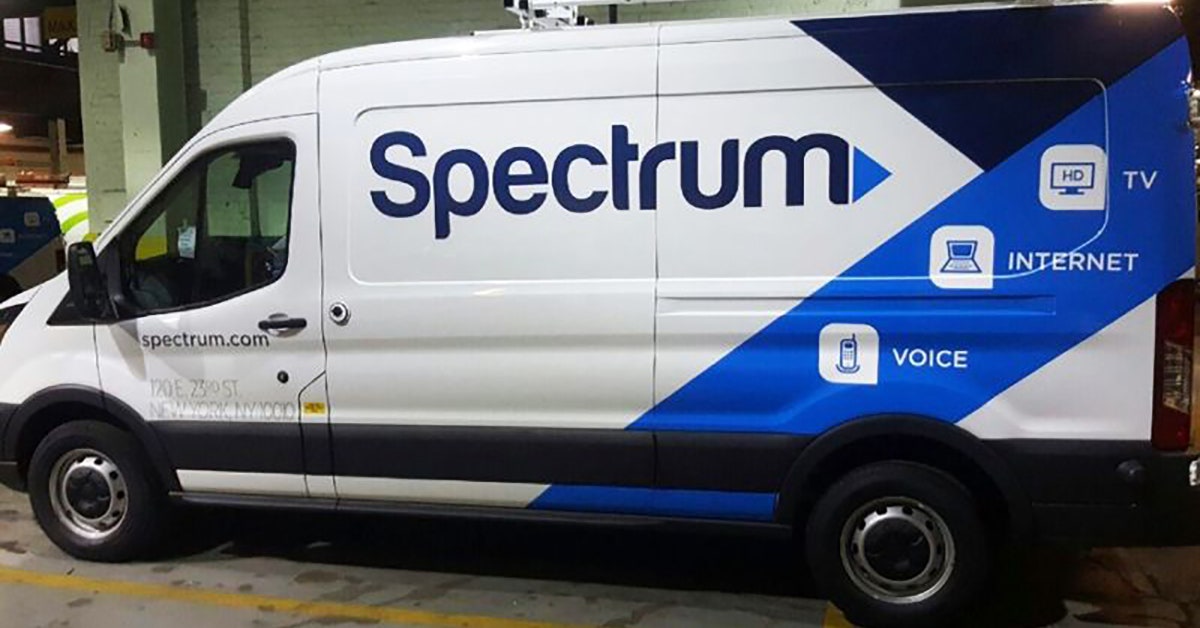The end of the US government’s Affordable Connectivity Program (ACP) is beginning to disrupt internet service for low-income Americans. On Friday, Charter Communications reported a net loss of 154,000 Internet subscribers, which it said was mostly due to customers canceling after losing the federal rebate. About 100,000 of those subscribers reportedly received the discount, which in some cases makes Internet service free for users.
The $30 monthly broadband rebates provided by ACP ended in May after Congress failed to appropriate more funds. The Biden administration has requested $6 billion in ACP funding through December 2024, but Republicans have called the program “wasteful.”
Republican lawmakers’ main complaint was that most of the ACP money went to households that already had broadband before the subsidy was created. Federal Communications Commission Chair Jessica Rosenworcel warned that eliminating the rebates would reduce Internet access, saying an FCC study found that 77 percent of participating households would change their plan or give up Internet service altogether after discounts expire.
Charter’s second quarter 2024 earnings report. provides some of the first evidence of consumers abandoning Internet service after losing the discount. “In the second quarter, home Internet customers declined by 154,000, largely driven by the end of the FCC’s Affordable Connectivity Program subsidies in the second quarter, compared with an increase of 70,000 in the second quarter of 2023,” Charter said. .
Across all ISPs, there were 23 million American households enrolled in ACP. A study published in January 2024 found that Charter serves more than 4 million ACP recipients and that up to 300,000 of those Charter customers would be “at risk” of internet service disruption if the rebates expire. Given that ACP recipients must meet low-income eligibility requirements, losing the rebates could put a strain on their overall finances, even if they choose to continue paying for Internet service.
“The real question is the ability of customers to pay”
Charter, which offers services under the Spectrum brand, has 28.3 million home Internet customers in 41 states. The company’s earnings report said Charter is making offers to retain customers who previously received a subsidy from ACP. The loss of customers would obviously have been greater had it not been for these offers.
Light Reading reported that Charter attributed about 100,000 of its 154,000 customer losses to the ACP shutdown. Charter said it has so far retained most of its ACP subscribers, but low-income households may not be able to continue paying for internet service without a new subsidy for much longer:
The ACP lasted only a few years. The FCC implemented the $30 monthly subsidy in early 2022, replacing a previous $50 monthly subsidy from the Emergency Broadband Benefits Program, which began enrolling consumers in May 2021.
Separately, the FCC Lifeline program, which provides $9.25 monthly rebates, is in jeopardy after a court ruling last week. Lifeline is paid for by the Universal Service Fund, which has been the subject of a constitutional challenge.
The U.S. Court of Appeals for the Fifth Circuit found that universal service charges on phone bills are an “improper tax” that violates the constitution. But in similar cases, the Sixth and Eleventh Circuit Courts of Appeals have ruled that the fund is constitutional. Splitting the circuit increases the chances that the Supreme Court will take up the case.
This story originally appeared on Ars Technica.




